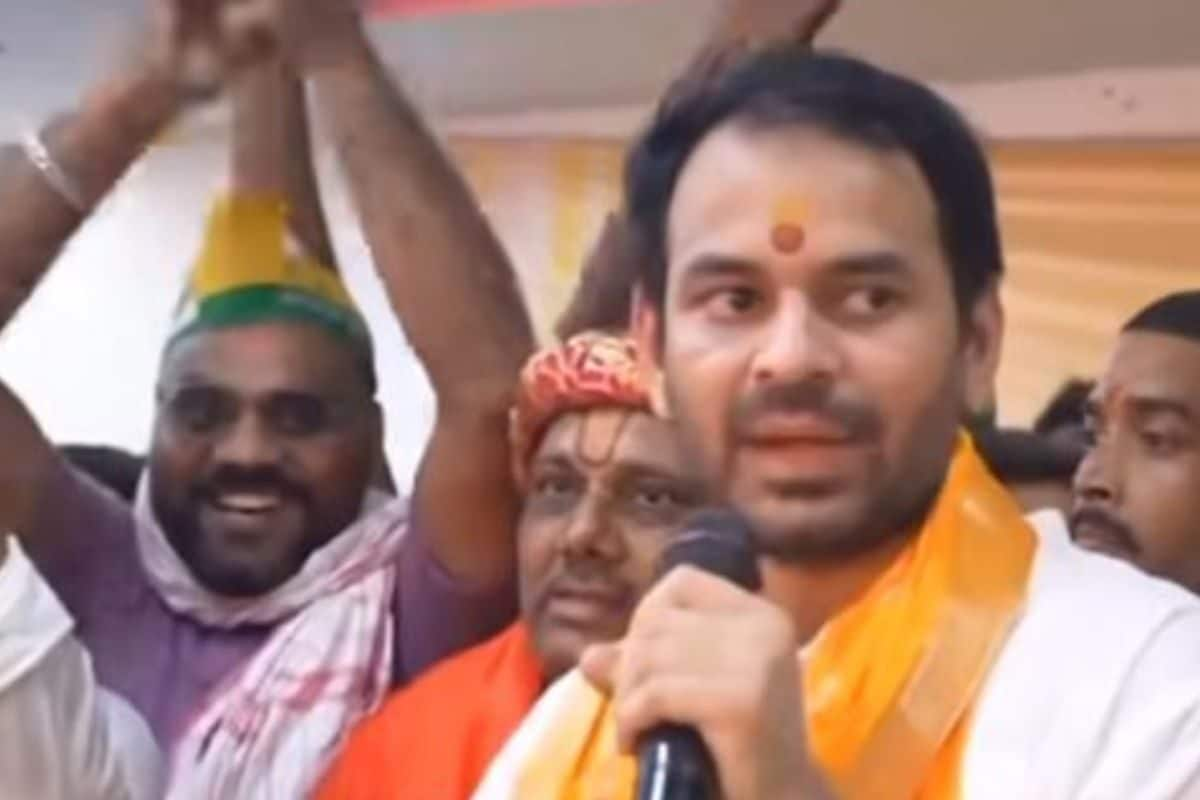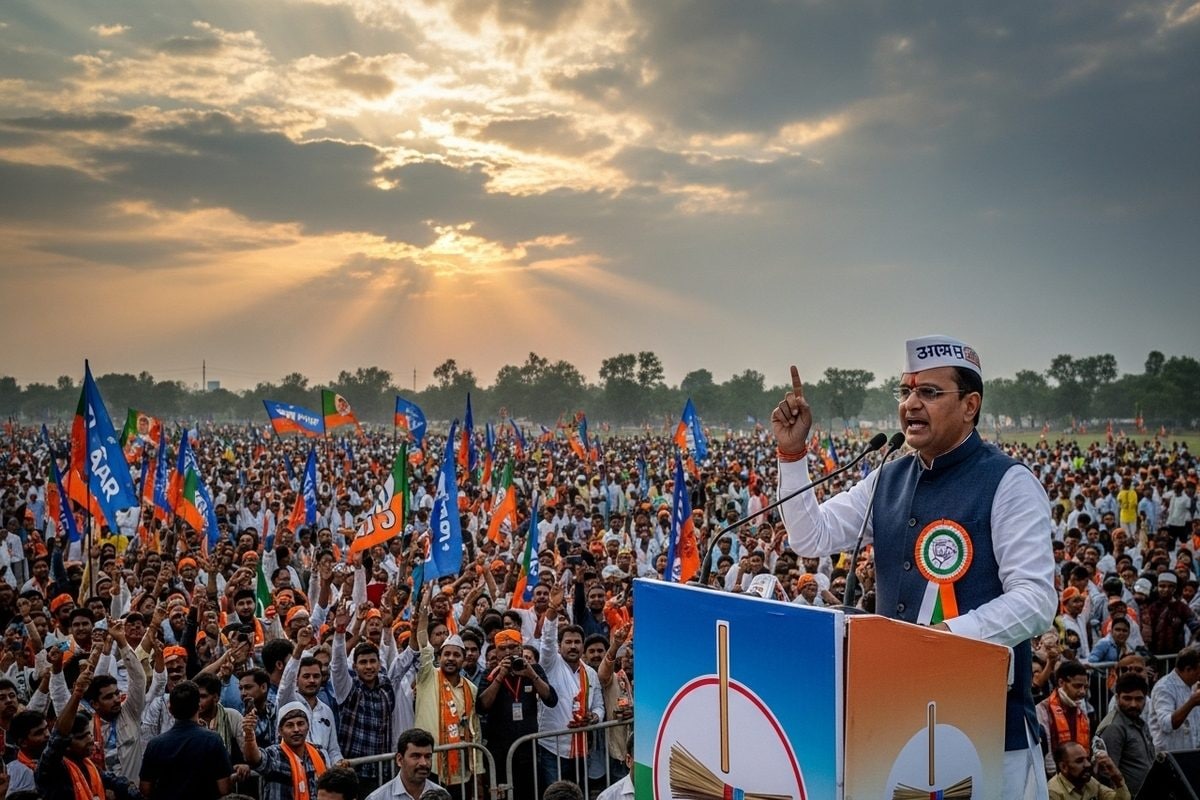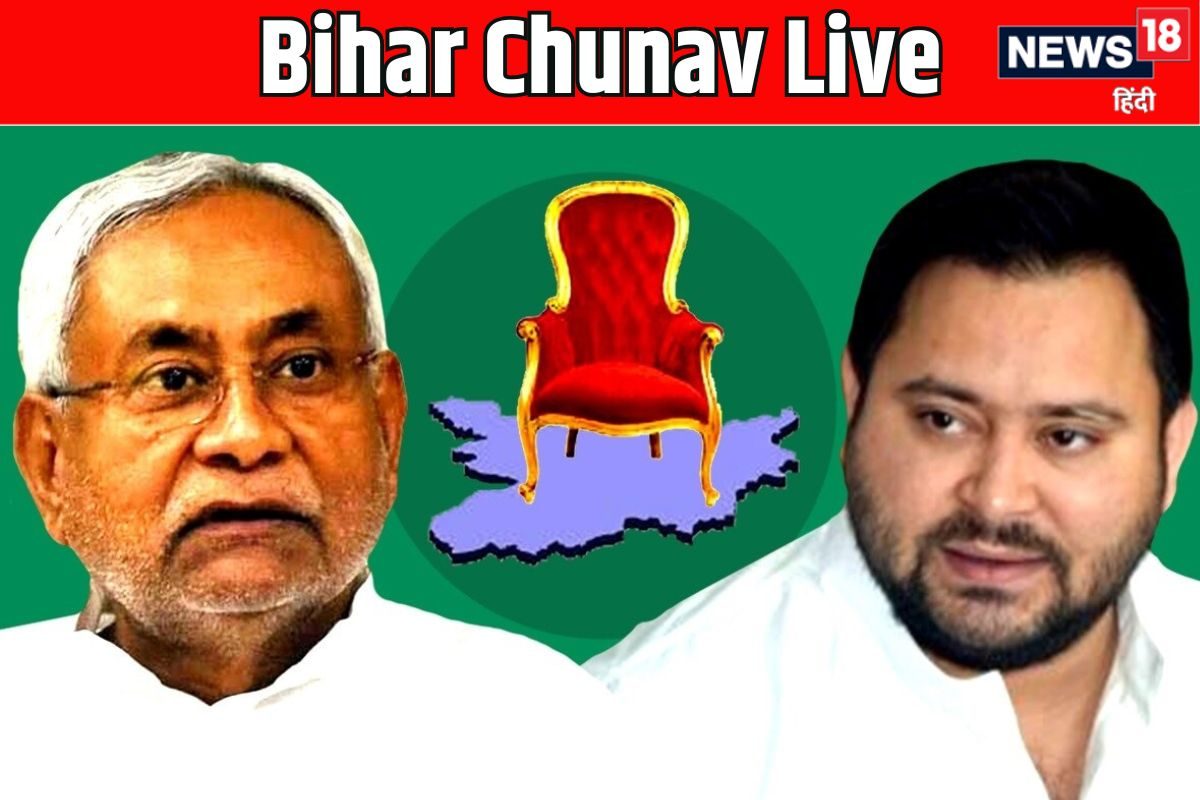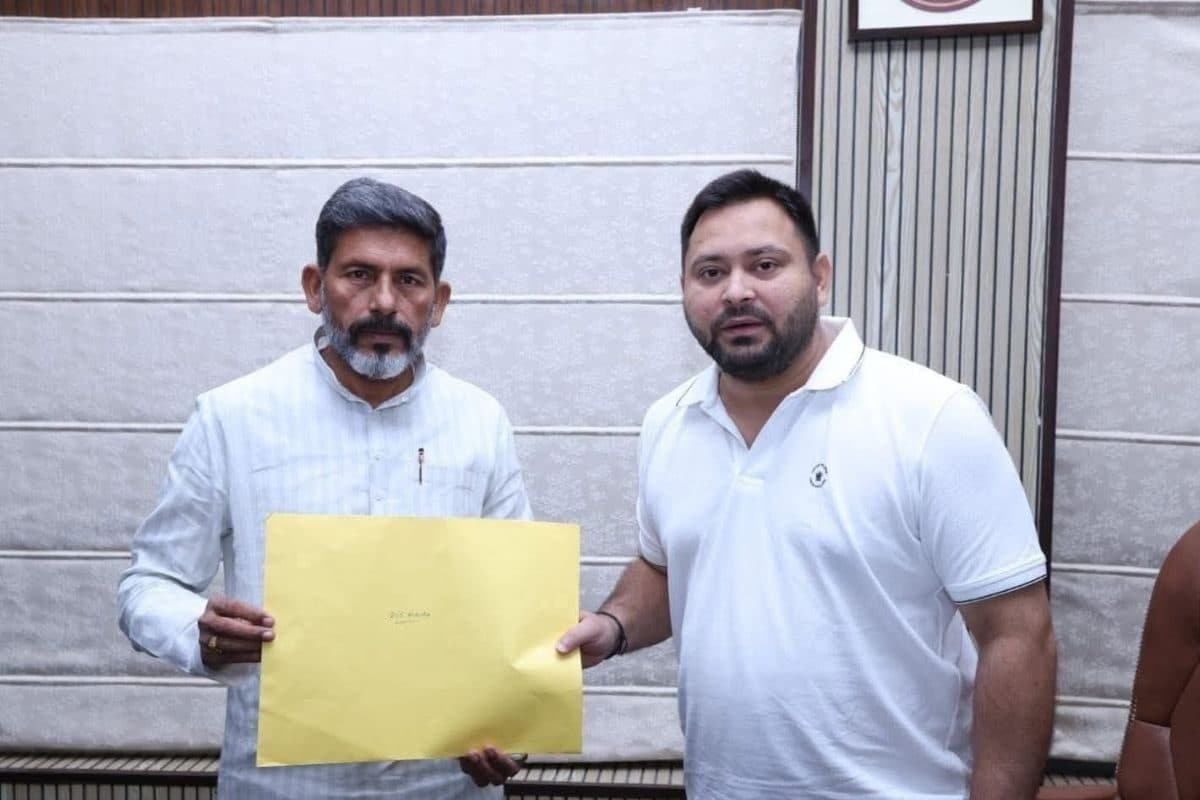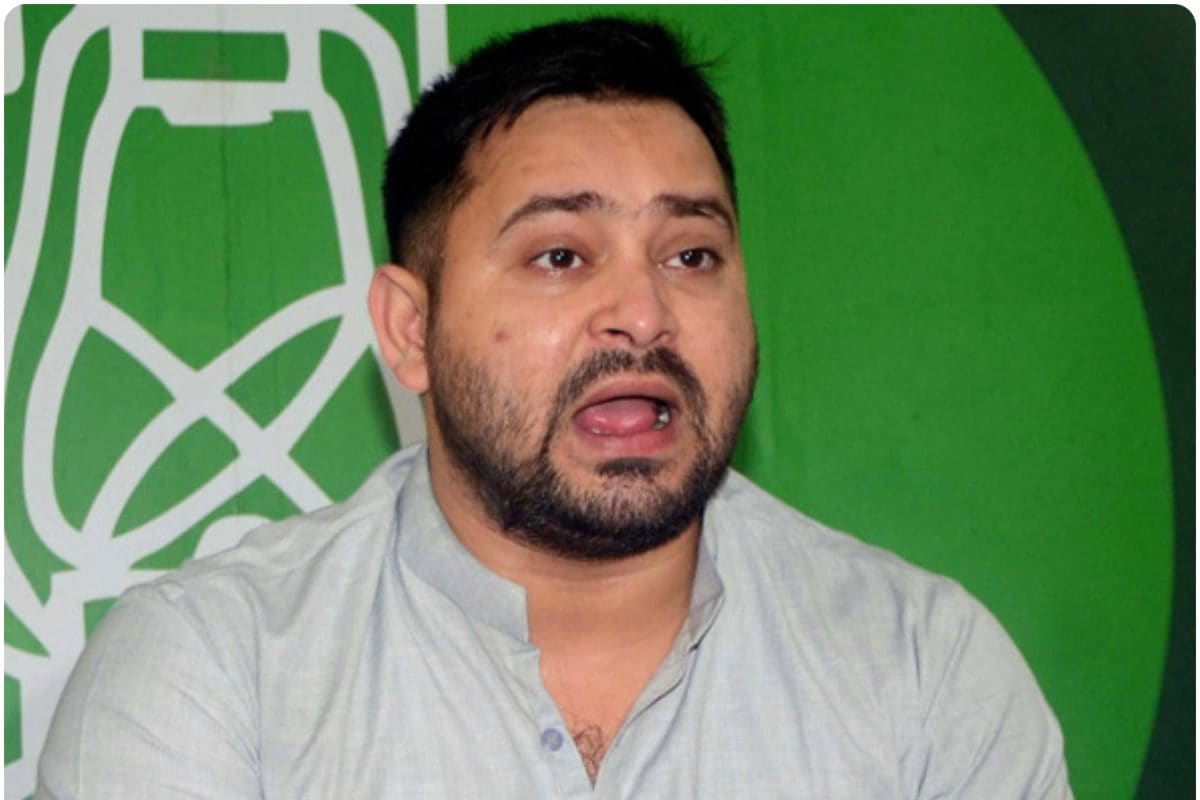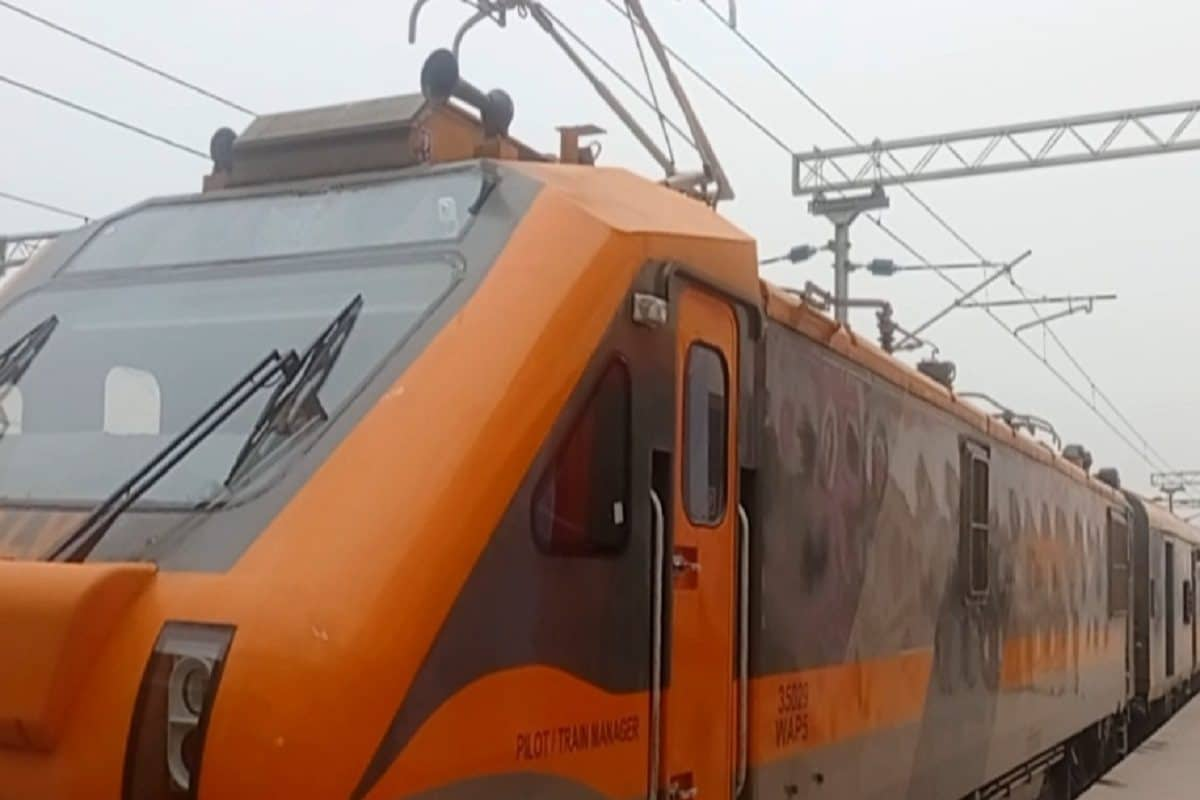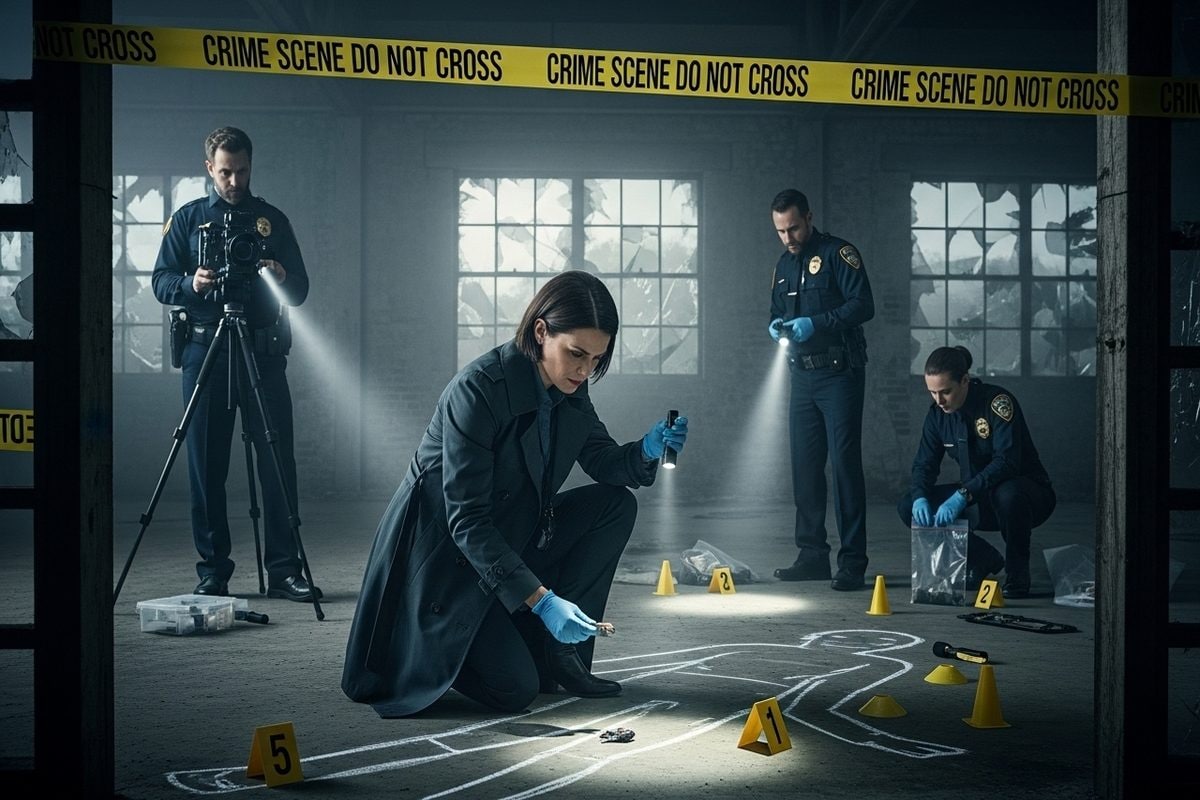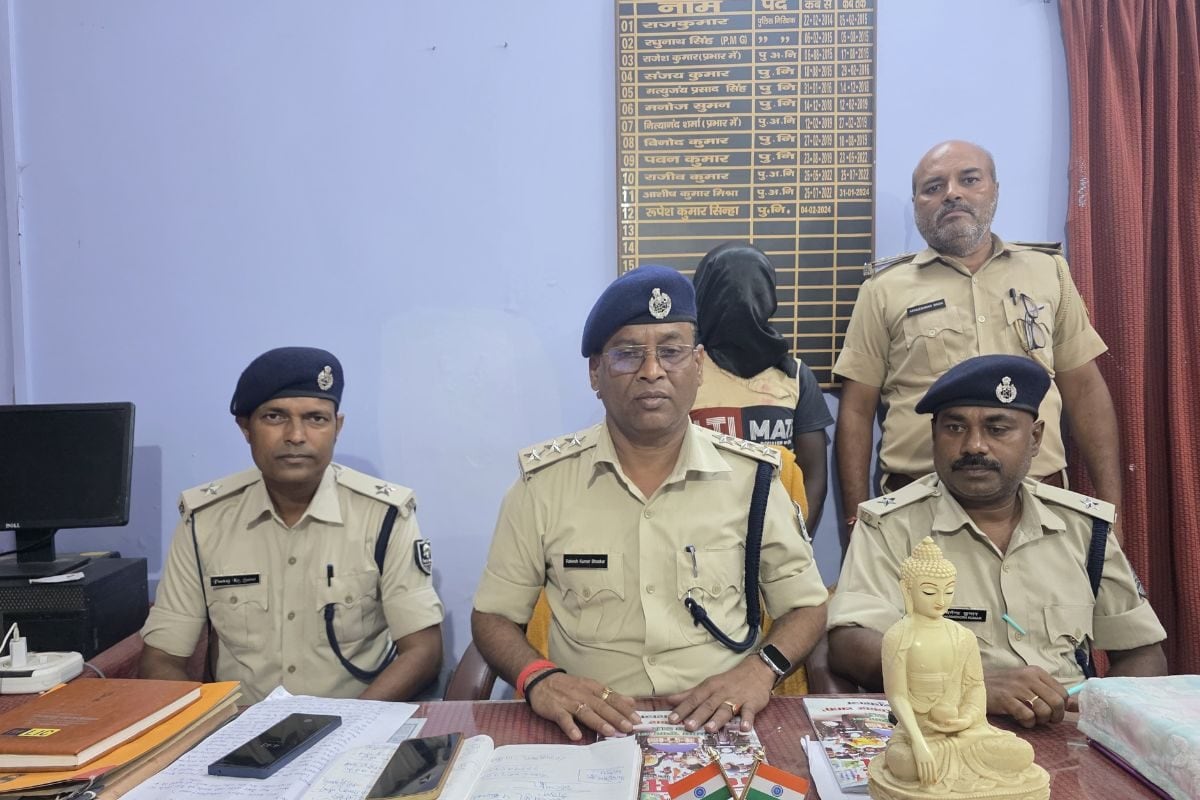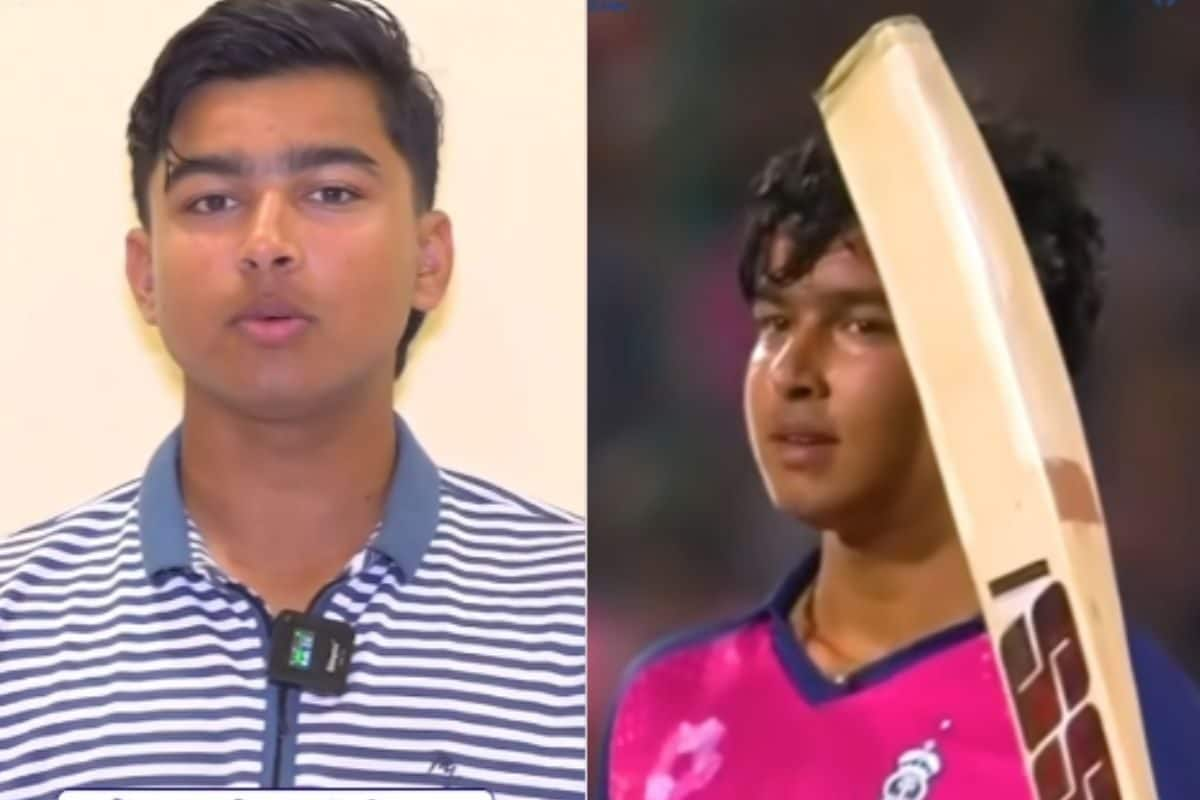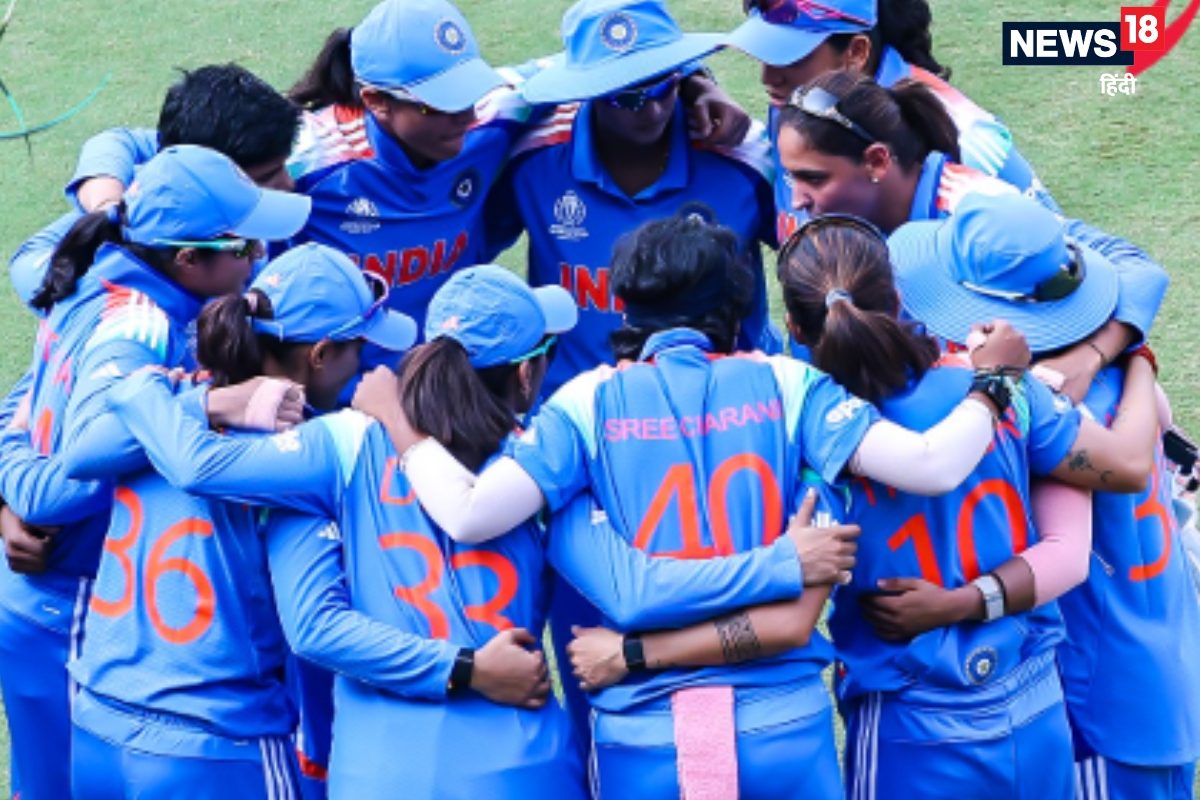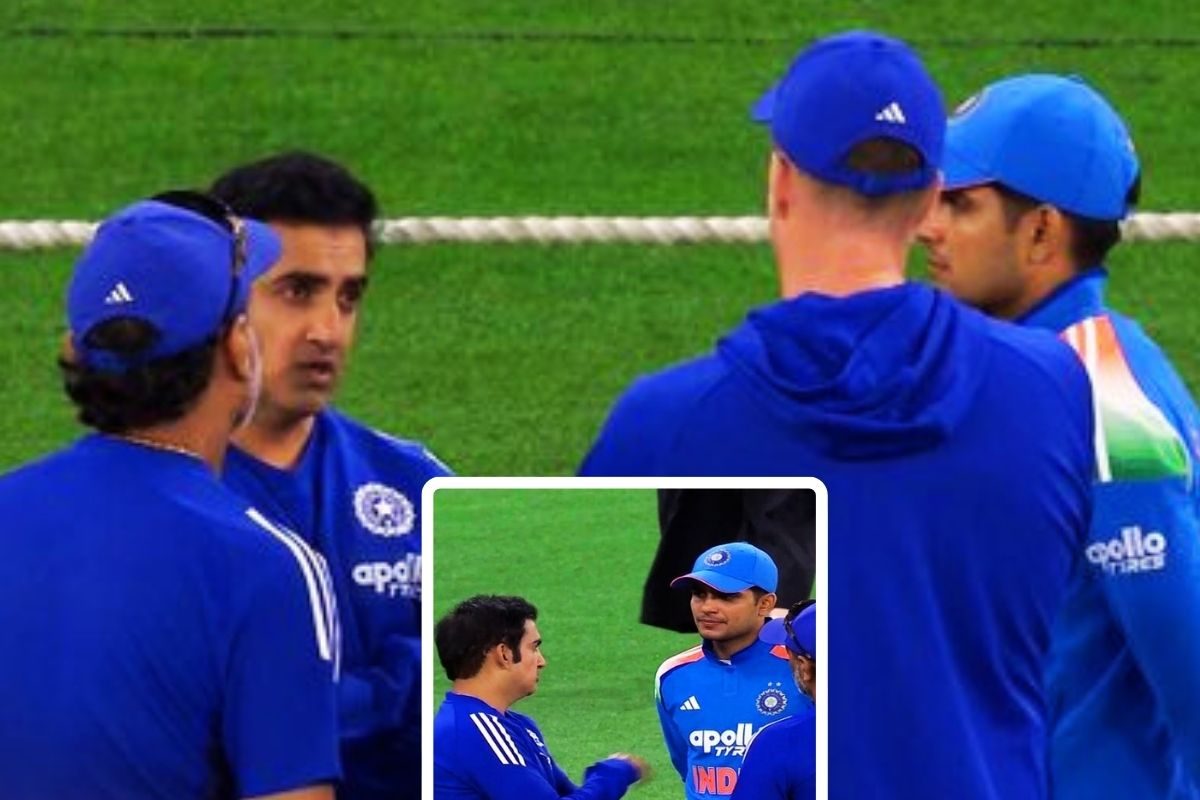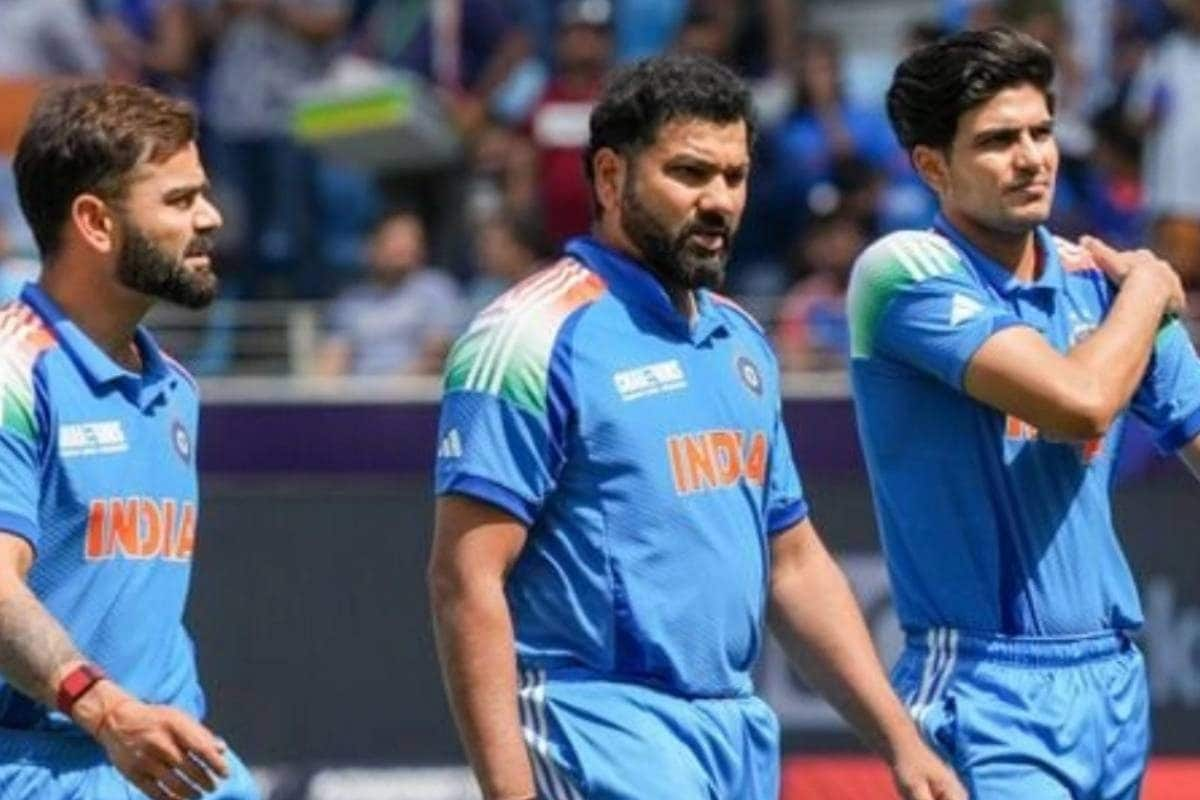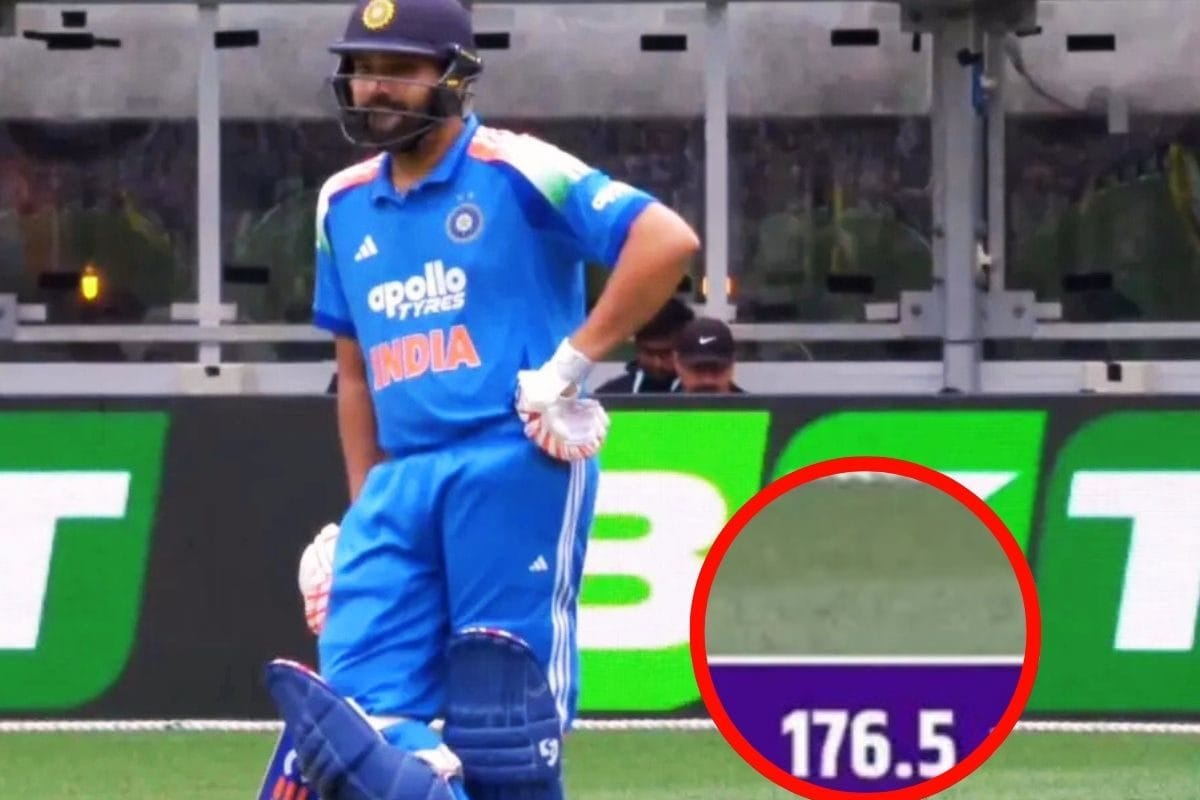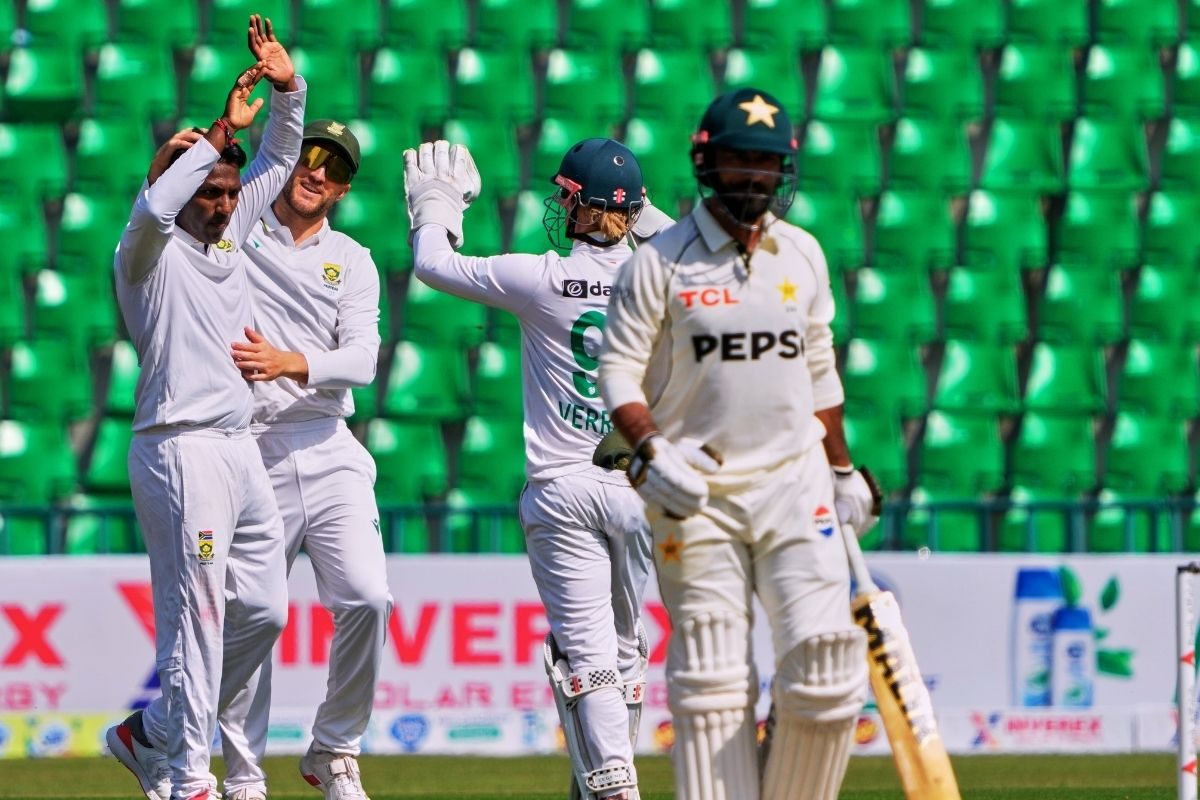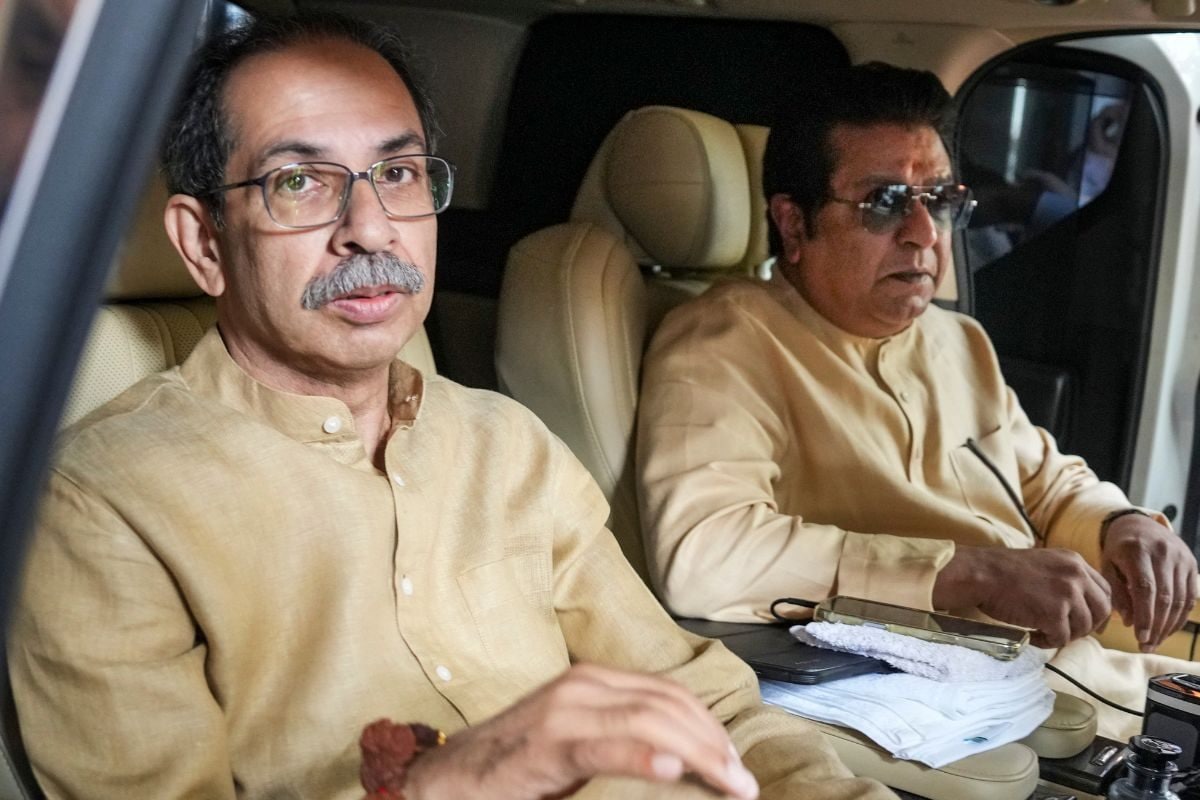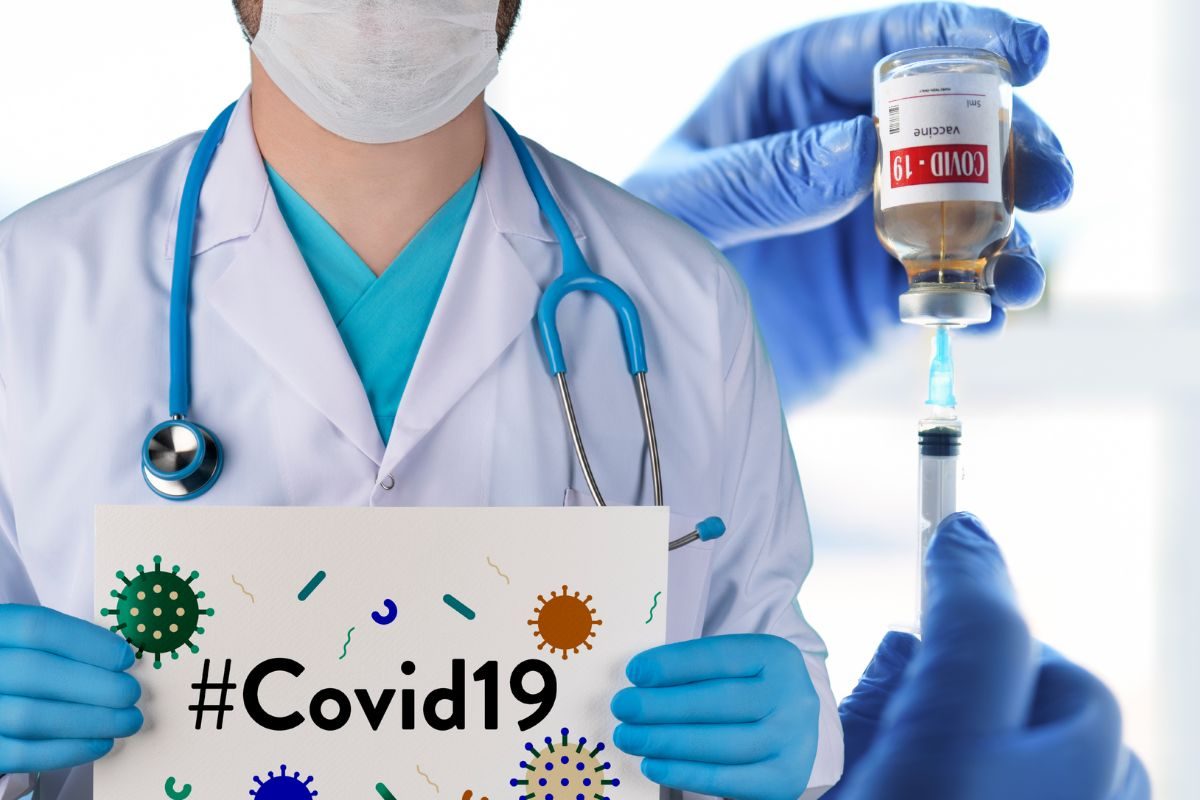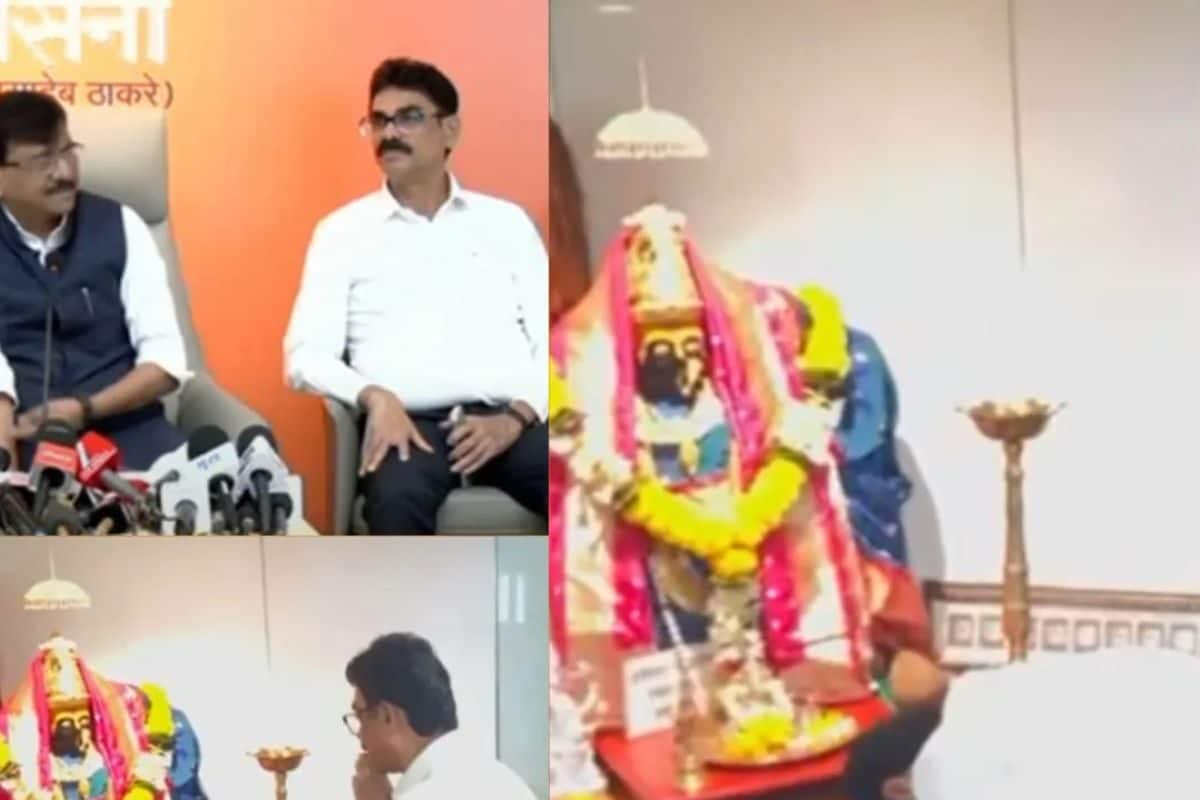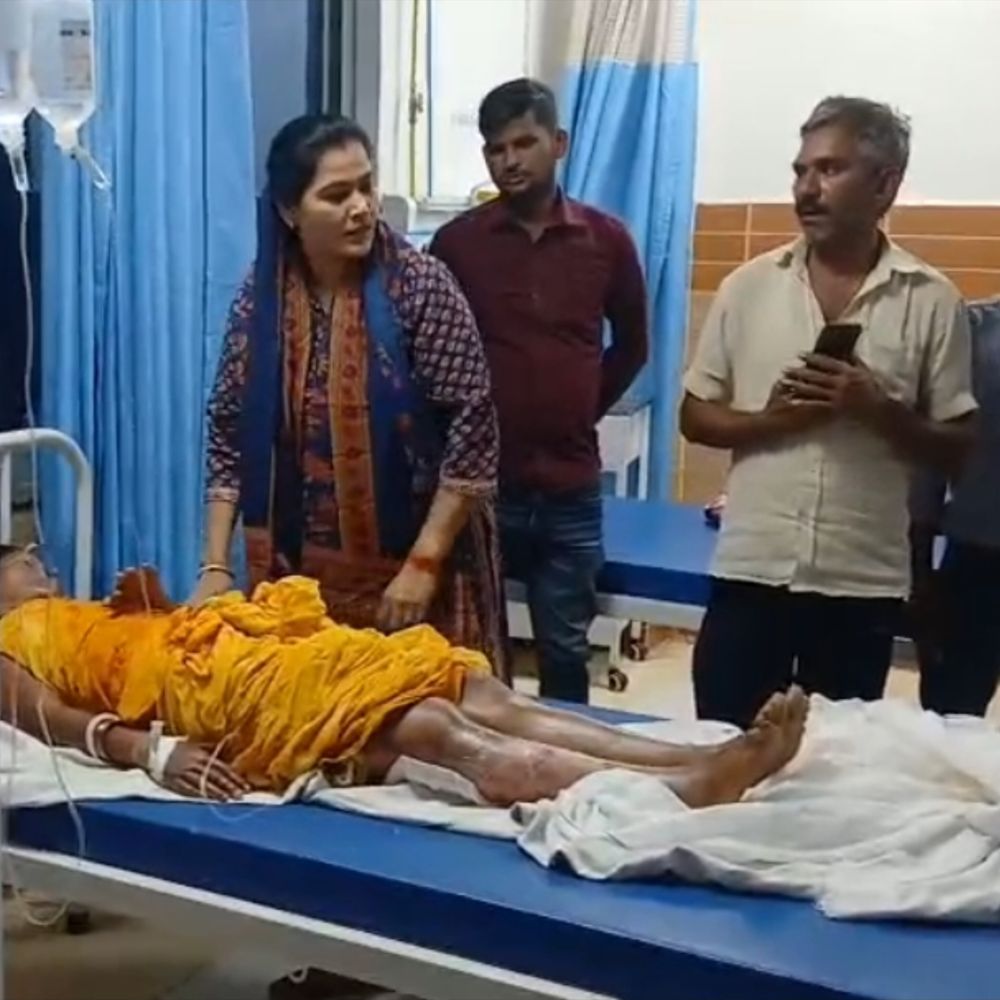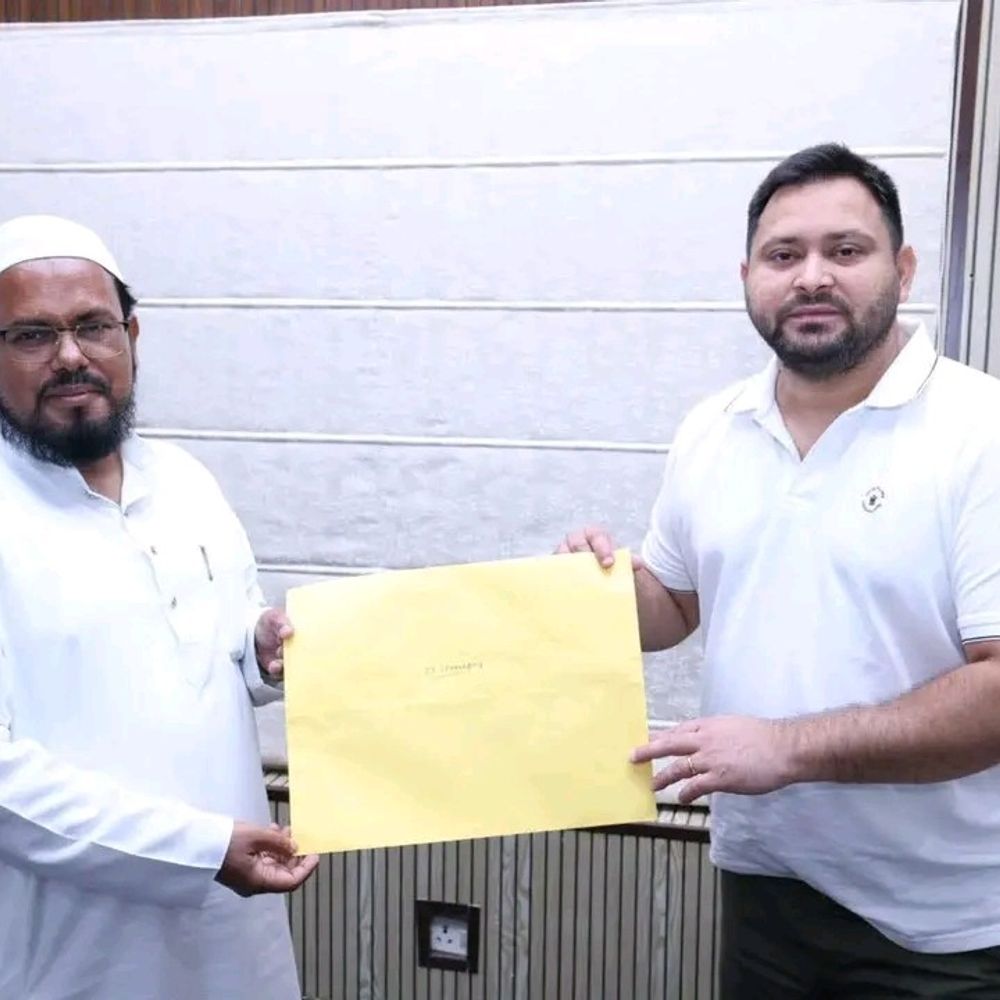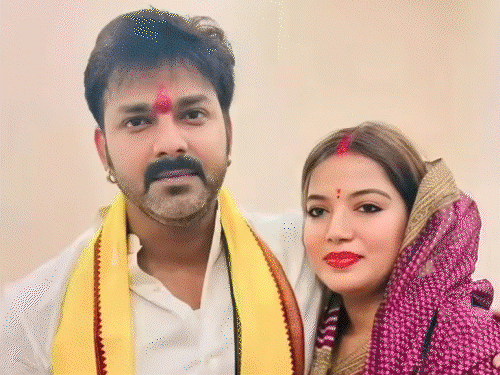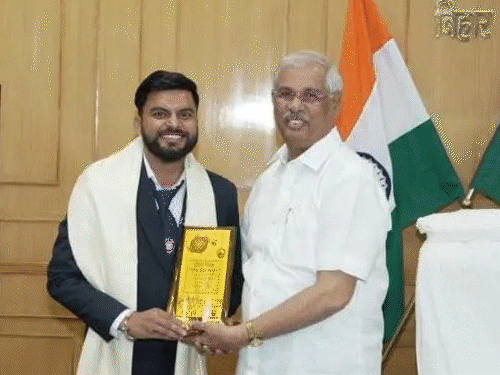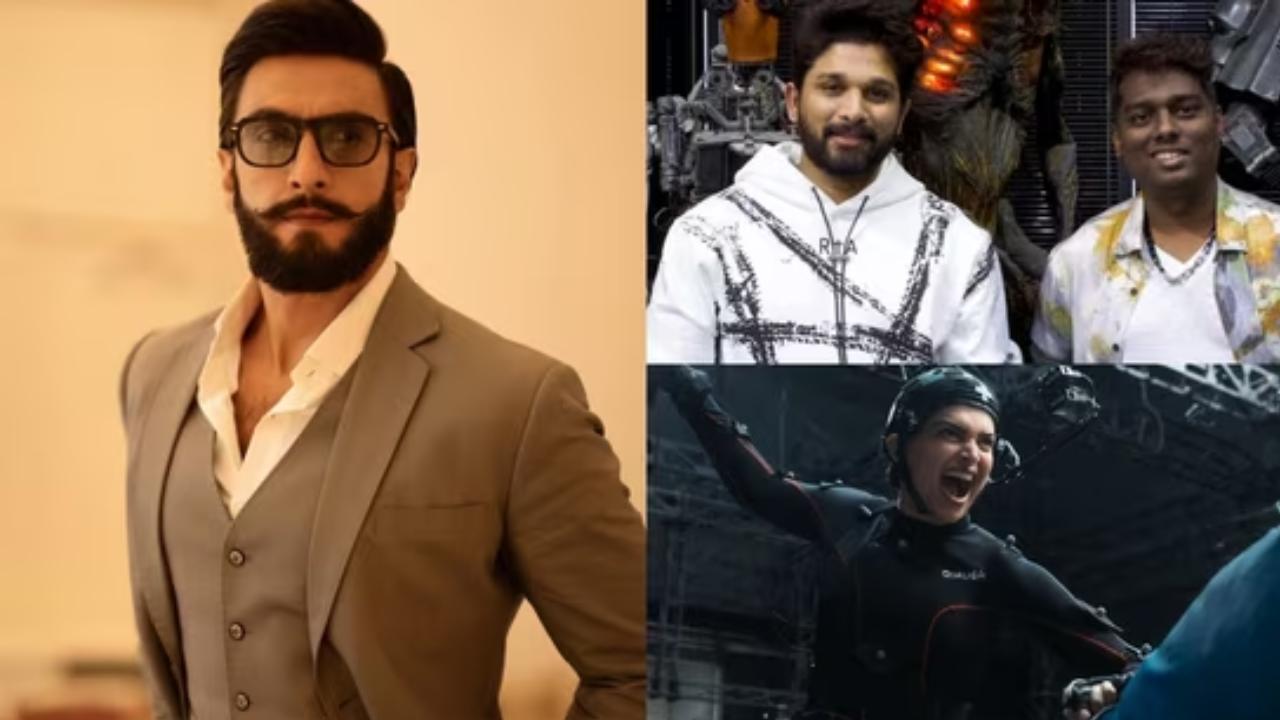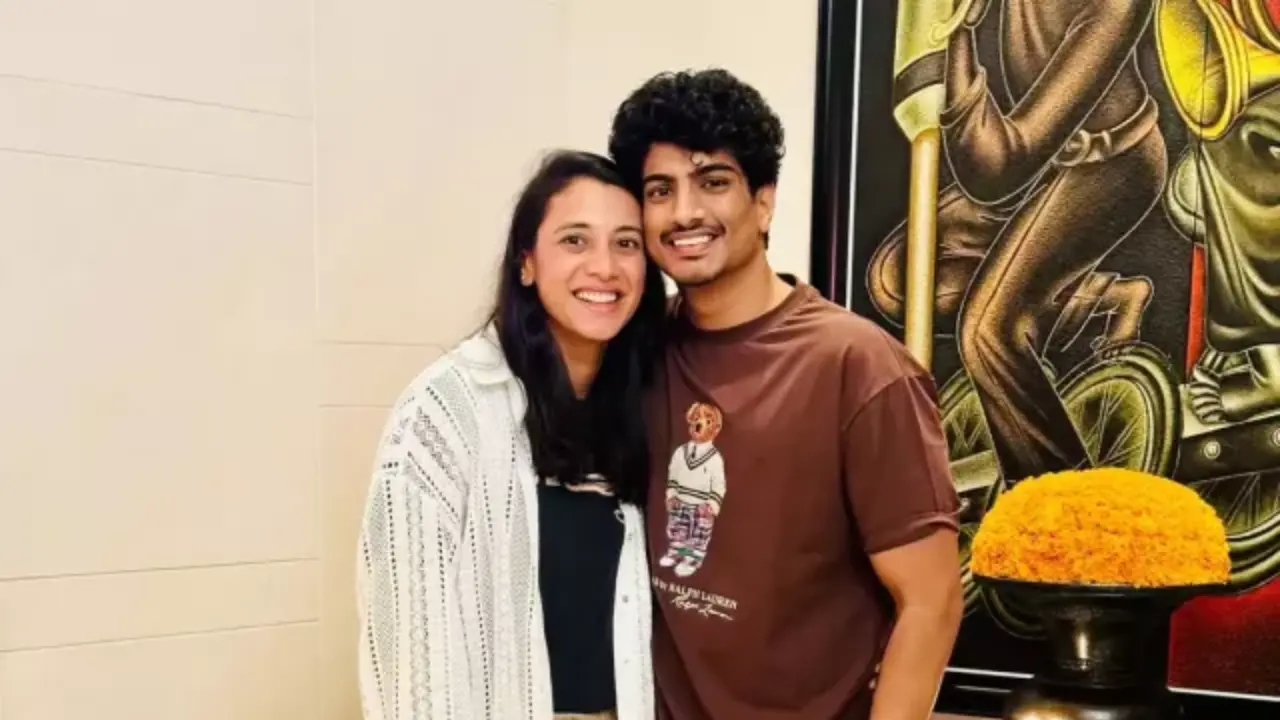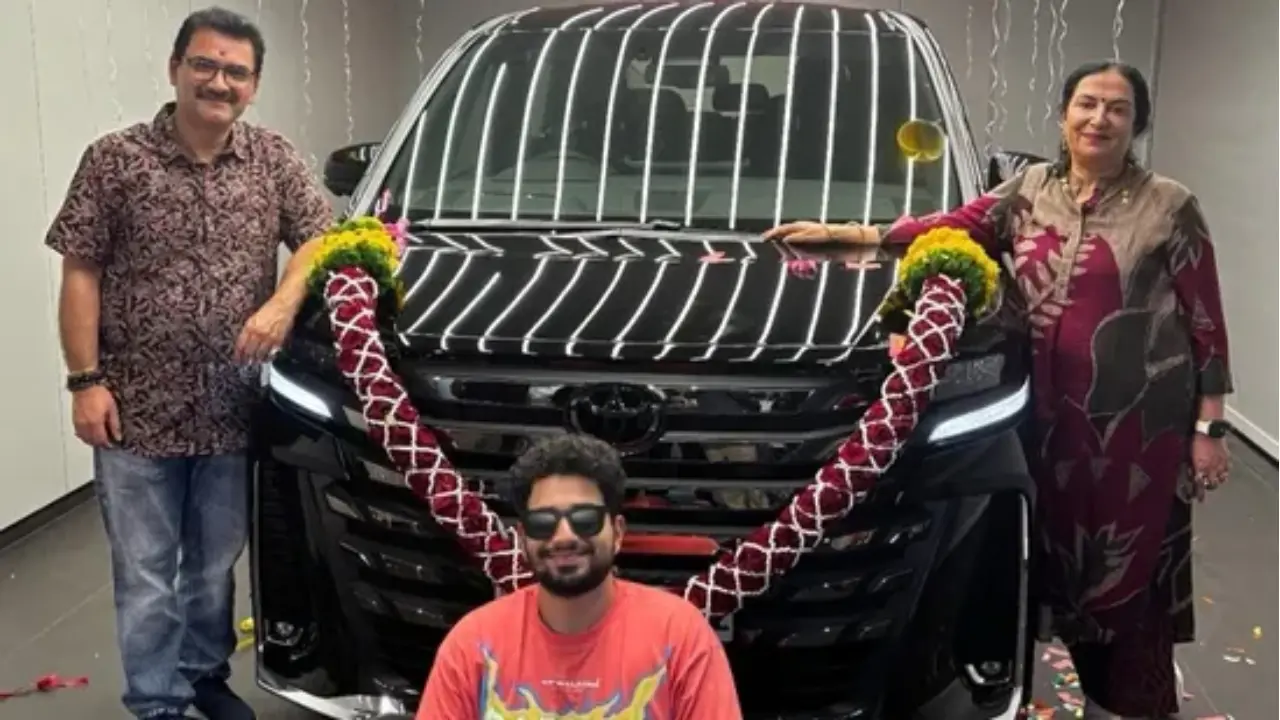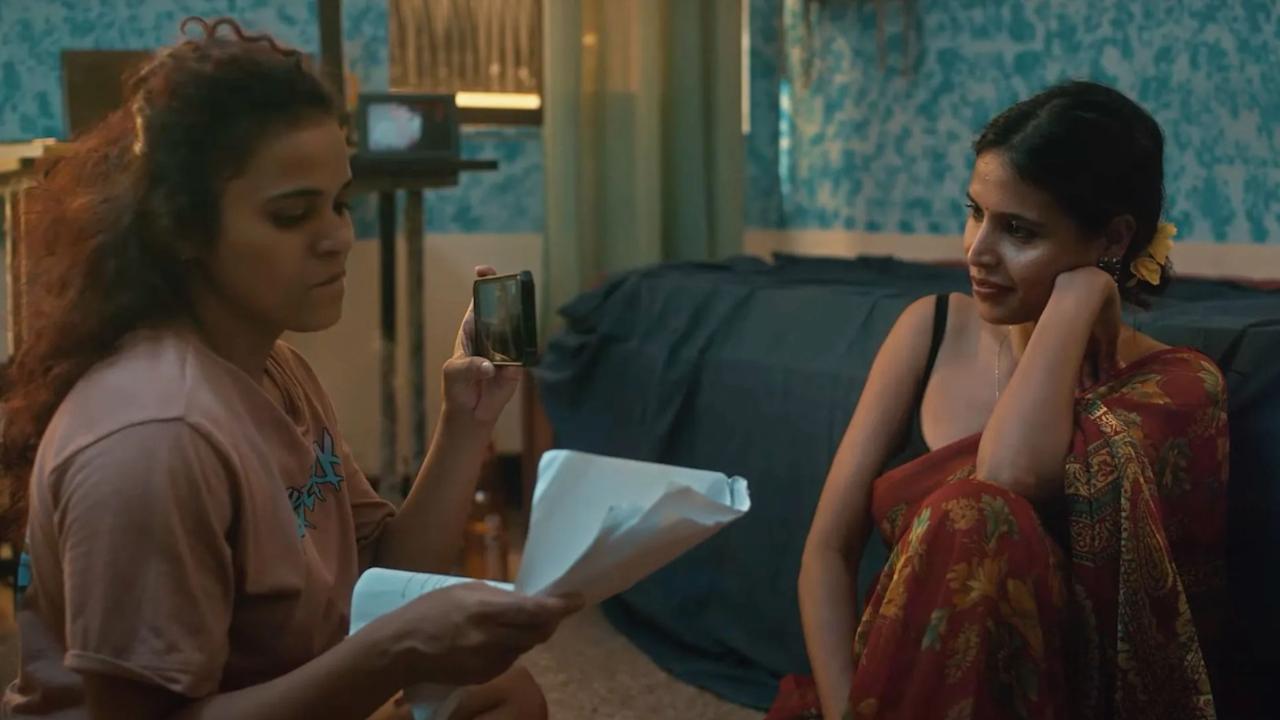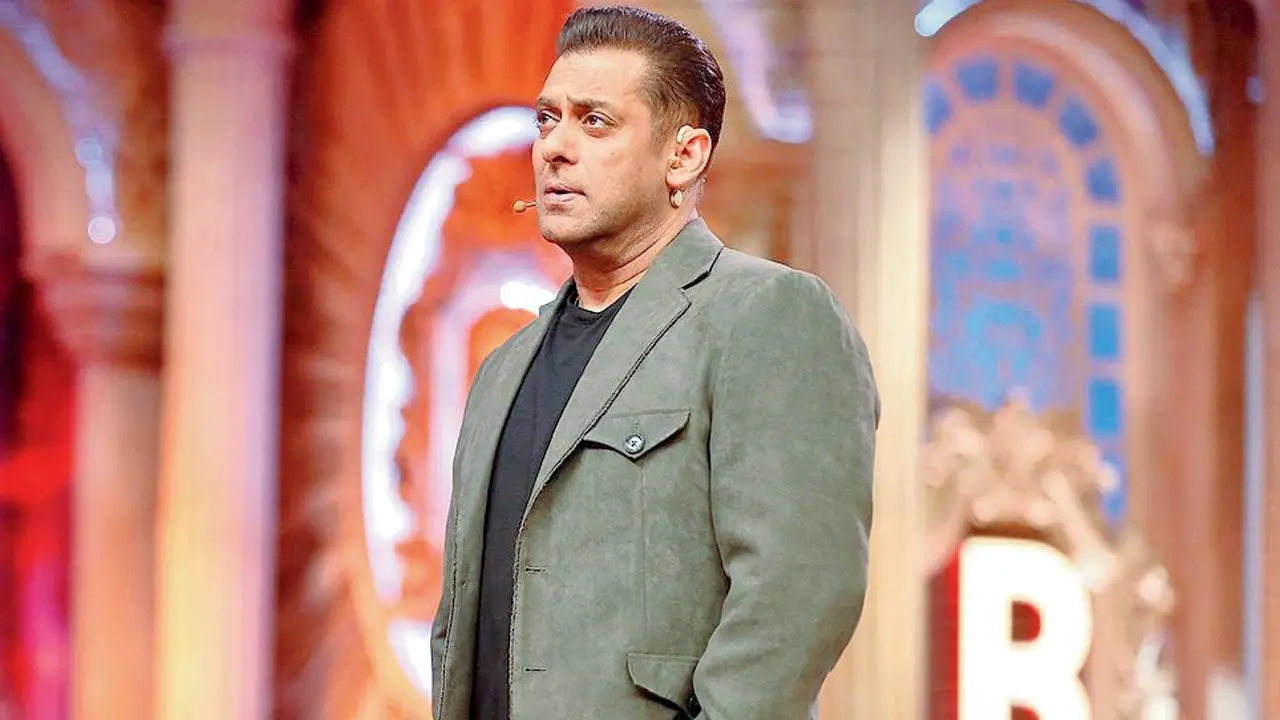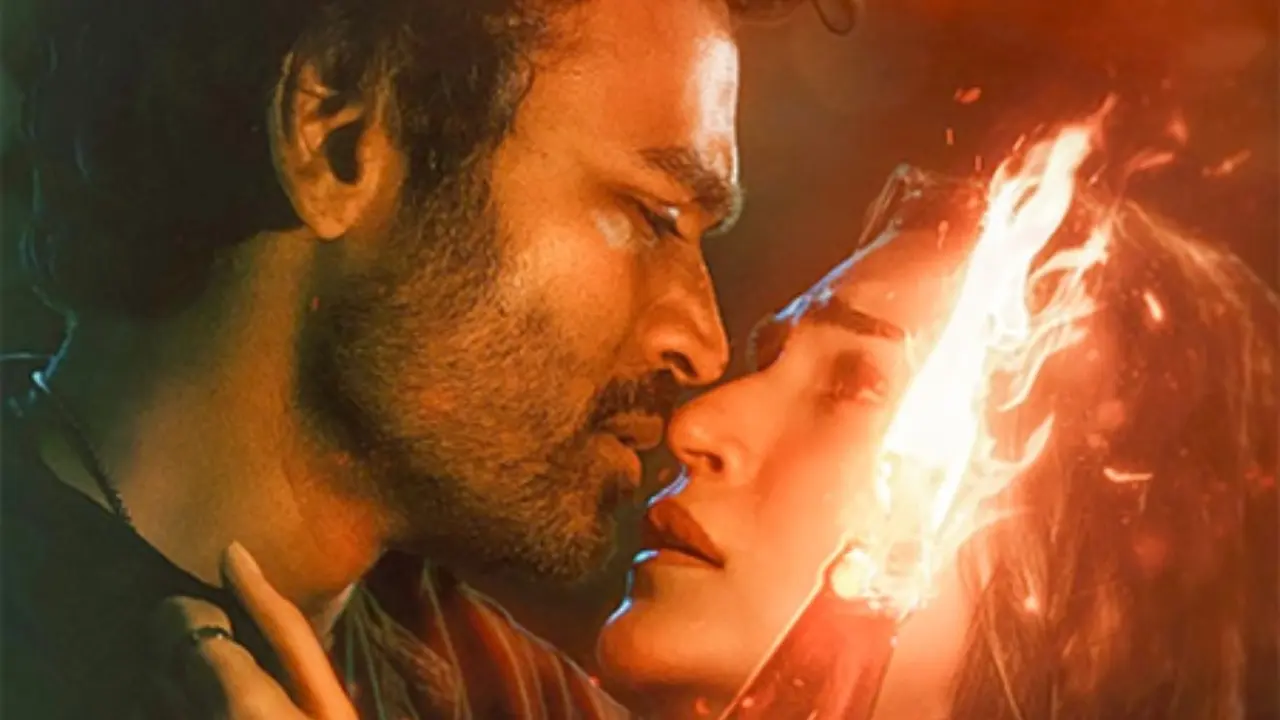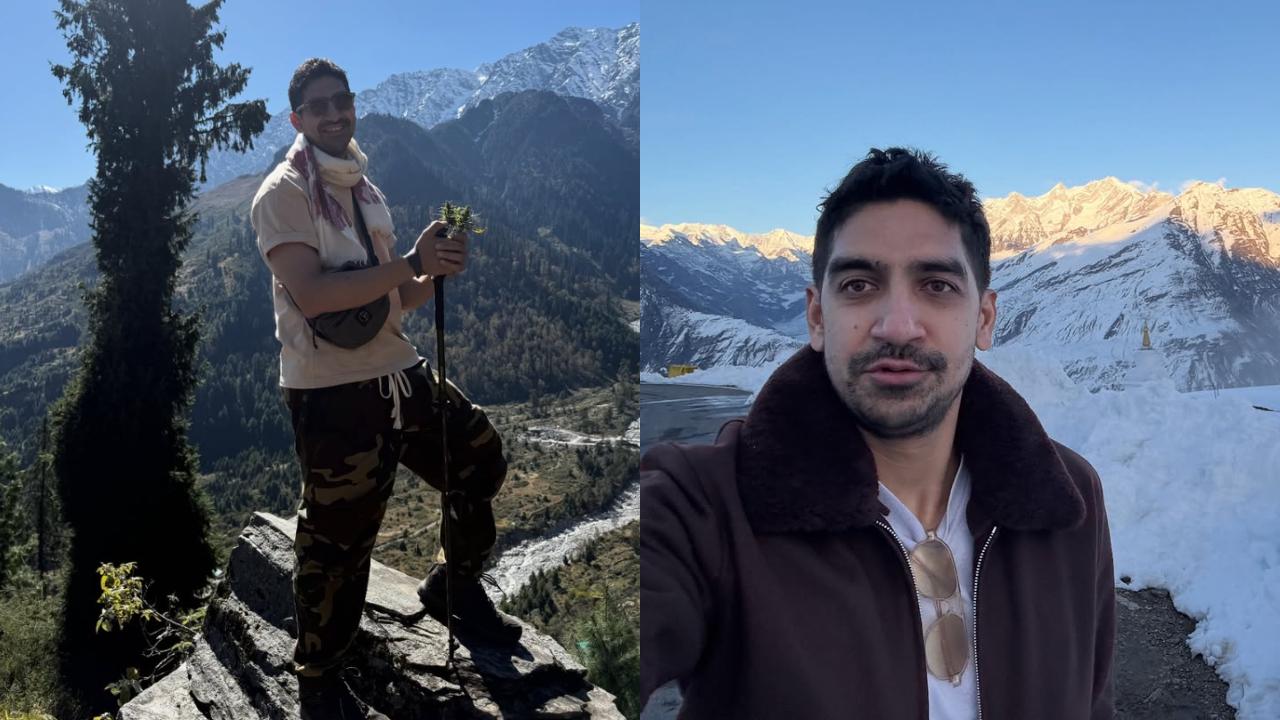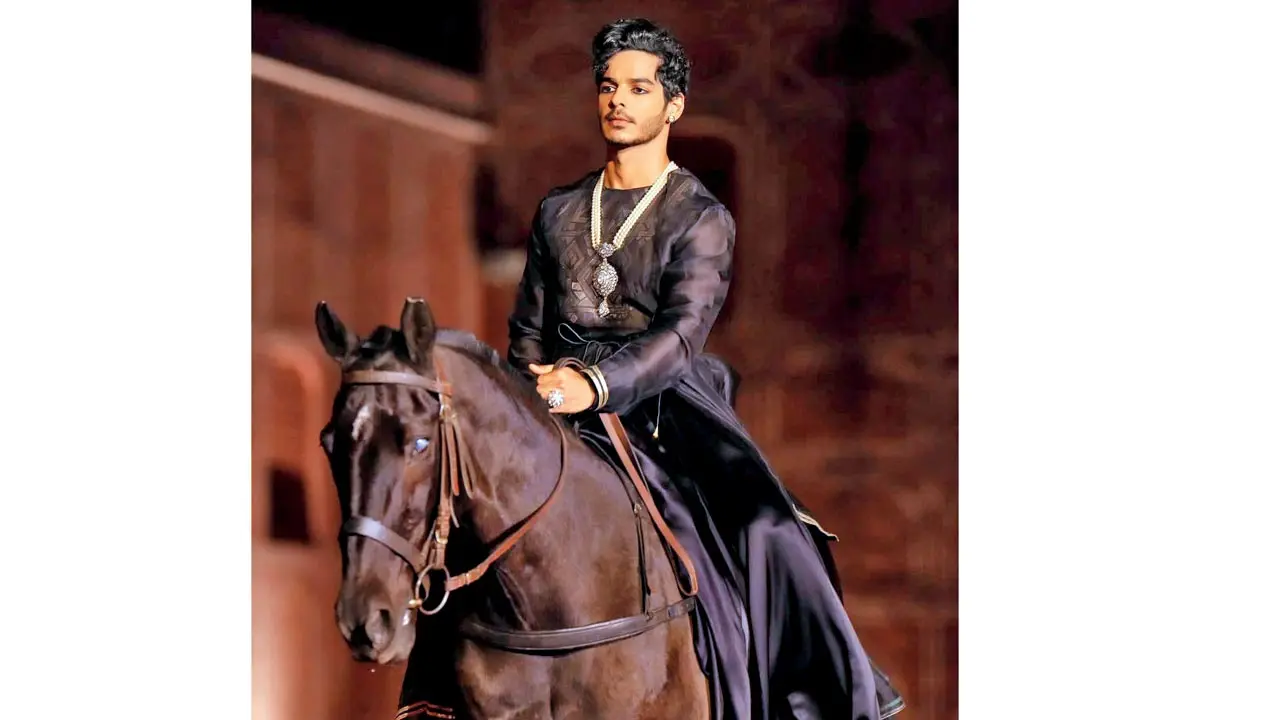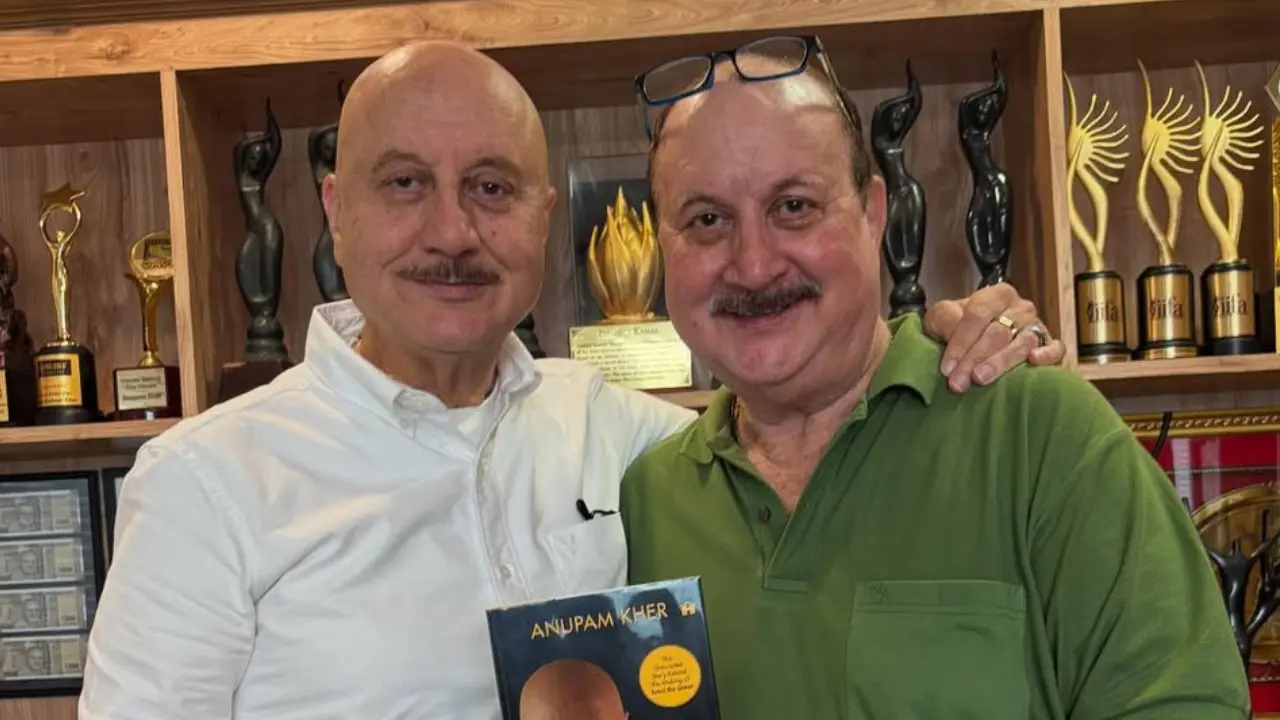Irshad Kamil reveals often his lyrics to romantic tracks are called `too deep`
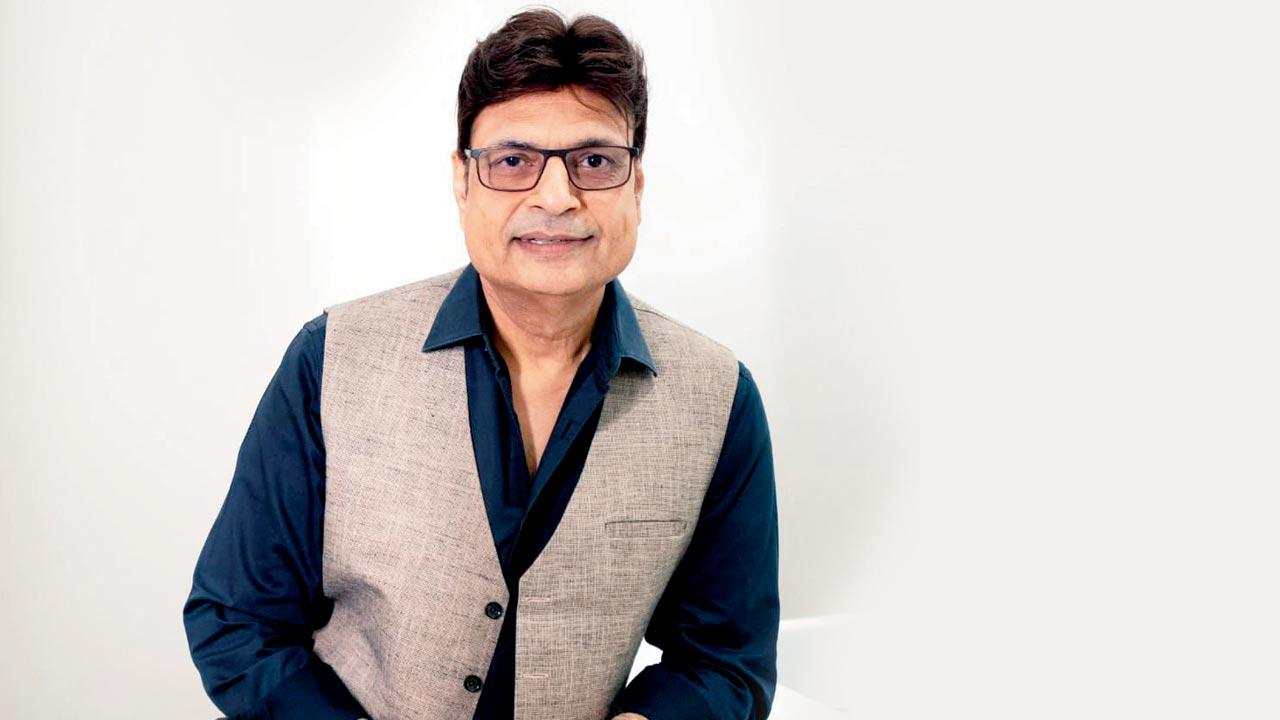
The past few weeks have been special for Irshad Kamil. The lyricist not only relished Saiyaara’s success, but also won the Screenwriters Association’s Best Lyricist Award for the song, Baaja, in Amar Singh Chamkila (2024). In a chat with mid-day, Kamil breaks down his approach to romantic tracks and the female gaze in
his writing.
Excerpts from the interview:
What’s the key to writing a good romantic track?
There are words and then there is action. One way is to say, ‘I love you’. Another way of showing it would be if there is a strong sun overhead, you tell the person you love, ‘Pedh ki chhaon mein aa jao’. I try to do the latter. The words have already been used. We shouldn’t reuse them.
A still from ‘Amar Singh Chamkila’
Many of your songs have a strong female gaze, be it the female version of Saiyaara’s title track or Naram Kaalja of Amar Singh Chamkila. How do you get into a woman’s mind?
I always feel that women are more sensitive and caring than men. They are also more observant. Little things can hurt them as well as make them happy. As a man, I might find something too small to care about, but a woman might not. I find this appealing. Beyond the boundaries of gender, artistes are artistes. Anybody can think from anyone’s point of view, because feelings have no gender. When I was writing Naram Kaalja, I was aware that I had to talk about the unaddressed feelings of a woman’s mind, which sometimes she ignores.
It’s often said that in the time of reels today, lyrics don’t matter much to young listeners. Do you feel we’re being prejudiced when we say the youth won’t understand deep lyrics?
Definitely, because today’s youth is 100 times better than my generation. If I am not able to reflect what I see every day in a relationship or in society, in my writing, then why am I even doing this? Secondly, I relate some characters to people in real life. For example, I would liken Vaani, the female character in Saiyaara, to a girl I have interacted with at some workplace. So, I find characters in real life and write for them.
A still from ‘Saiyaara’
Has a director or composer ever called your lyrics too deep for the film?
Many times, they’ve called my lyrics too deep. It’s not that I give pure milk to everyone. I also know how to dilute it [laughs]. You know the people you will enjoy working with, those who know your calibre. [With them,] you go beyond your abilities. That’s where the fun lies.
You have extensively worked with Imtiaz Ali and AR Rahman. Who are the other directors and composers with whom you enjoy collaborating?
I enjoy working with Aanand L Rai. We are working on Tere Ishk Mein, and it’s turning out to be a beautiful album. I also love working with Ali Abbas Zafar, with whom I worked on Sultan [2016], Gunday [2014], and Mere Brother Ki Dulhan [2011]. We created Dil Diya Gallan. I really enjoy working with Pritam da. I often say that songs are in your hands — do you want to turn them into clouds, or a balloon filled with helium?
At this stage of your career, what are the things that you turn down?
I have turned down work when I didn’t agree with the film’s subject and the story didn’t resonate with my thought process. The other thing is credit. When I was new, there were times when I wasn’t credited. Like, in Chameli [2003], my name as a lyricist was missing from the initial credits. It comes in the end credit. Its songs Sajna Ve Sajna and Bhaage Re Mann are still popular.
Quick three:
A song of yours that should have worked more than it did?
‘Sauda Hai Dil Ka Yeh’ from ‘Aakrosh’ [2010].
A song of yours that surprised you with its popularity?
‘Tune Maari Entriyaan’ from ‘Gunday’ [2014].
Actors who have most justified your writing?
Ranbir Kapoor and Shah Rukh [Khan] bhai make it look like they are singing the song. I’m also hopeful about Ahaan [Panday].
What's Your Reaction?
 Like
0
Like
0
 Dislike
0
Dislike
0
 Love
0
Love
0
 Funny
0
Funny
0
 Angry
0
Angry
0
 Sad
0
Sad
0
 Wow
0
Wow
0
